WIESBADEN, Germany -- The 60th anniversary of the end of the Berlin Blockade was commemorated May 12 in Frankfurt.
It was a smaller and more somber ceremony than the events of 11 months ago celebrating the 60th anniversary of the onset of the Berlin Airlift. The focus of the day was the heroism of those involved in the massive humanitarian undertaking and the forging of a friendship between former enemies.
Although the airlift did not come completely to an end until September of 1949 the beginning of the end was brought about when the Russians finally lifted the blockade on May 12, 1949.
"We honor fallen heroes and remember that they gave the ultimate sacrifice ... in the greatest airlift ever," said Celeste Warner-Heymann, president of the LuftbrAfA1/4cke Chapter, at a wreath ceremony at the Berlin Airlift Memorial at the former Rhein Main Air Base which served as a traffic control point for the airlift.
"Enemies became friends. The friendship began 60 years ago and will grow." "It's one of our closest relationships," said Lutz Raettig of the alliance between the United States and Germany.
"We have handled a lot of difficulties together. The U.S. is our closest ally." Raettig, who attended the event on behalf of the Frankfurt lord mayor, was born in Berlin in 1943.
"My family was in Bremen during the airlift, but my grandparents were in West Berlin," said Raettig.
"The airlift saved their lives," said Raettig adding that his grandparents left Berlin in 1952.
Other speakers at the event included Volker Zintel from the Fraport Board of Directors and Dr. Klaus Scheuenmann of the Steuben-Schurz Gesellschaft, a German-American partnership society founded in 1948.
In addition to the bravery of the American, British and French military members participating in the airlift "it was the good deeds that also made a difference," said airlift historian Dr. John Provan.
"There was a boy in Wiesbaden whose mother was in Berlin and she had a heart attack," said Provan.
"He managed to sneak onto Wiesbaden Airfield and then sneak onto an airplane and hide. During the preflight check the pilot discovered him and the boy told him his story. The pilot looked him in the eye to be sure he wasn't lying and then said 'stay on board; you'll be in Berlin in two hours.' This pilot understood the humanitarian mission and wasn't afraid to take a risk."
"It was an unbelievable feat of heroism," said Warner-Heymann about the airlift.
Warner-Heymann said that pilots such as the "Candy Bomber" Gail Halvorsen who dropped goodies from their planes gave German children a new context for "bombing."
This humanitarian aspect sowed the seeds of a friendship that remains fruitful to this day. "We would be in the midst of a Cold War," said Provan of how different the world might be had the Western powers not stood firm in opposition to the actions of the Soviets following World War II.
"The Russians were checking out their elbows. It would have been a lot more complicated without the airlift."
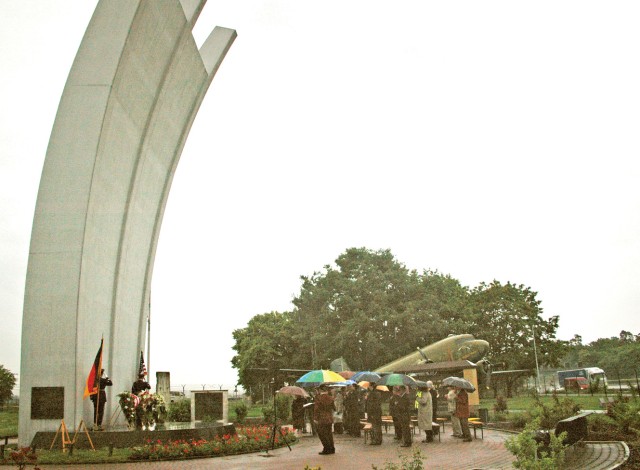
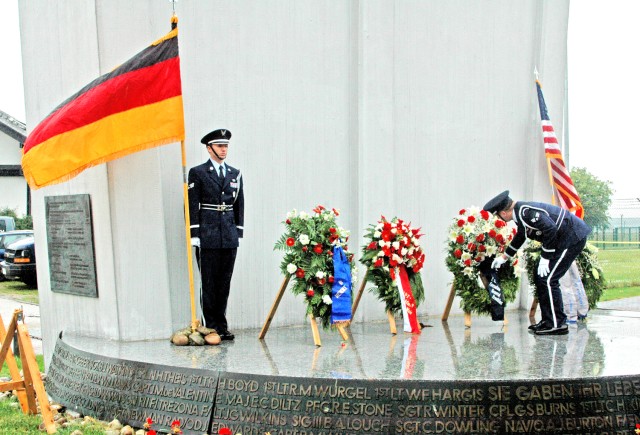
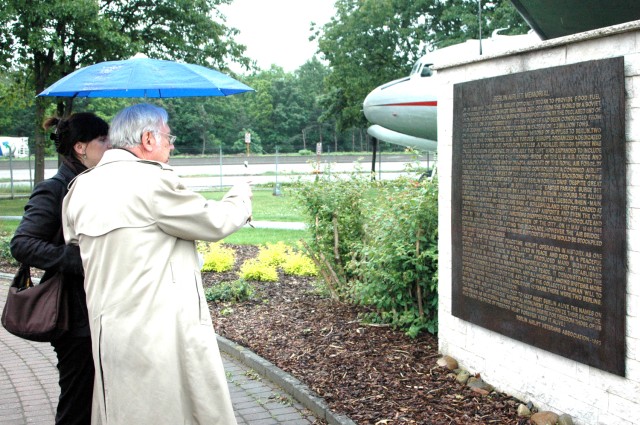
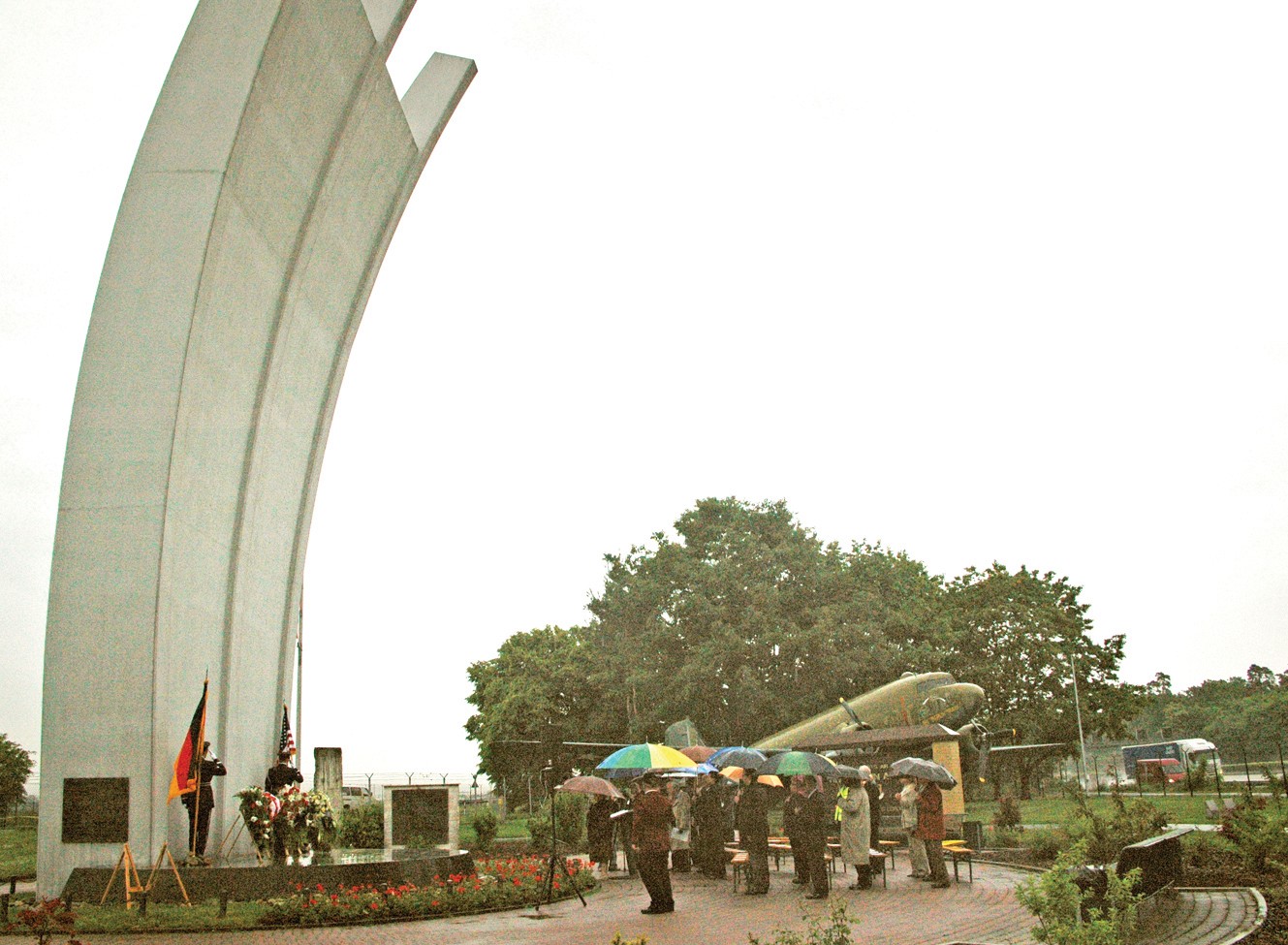
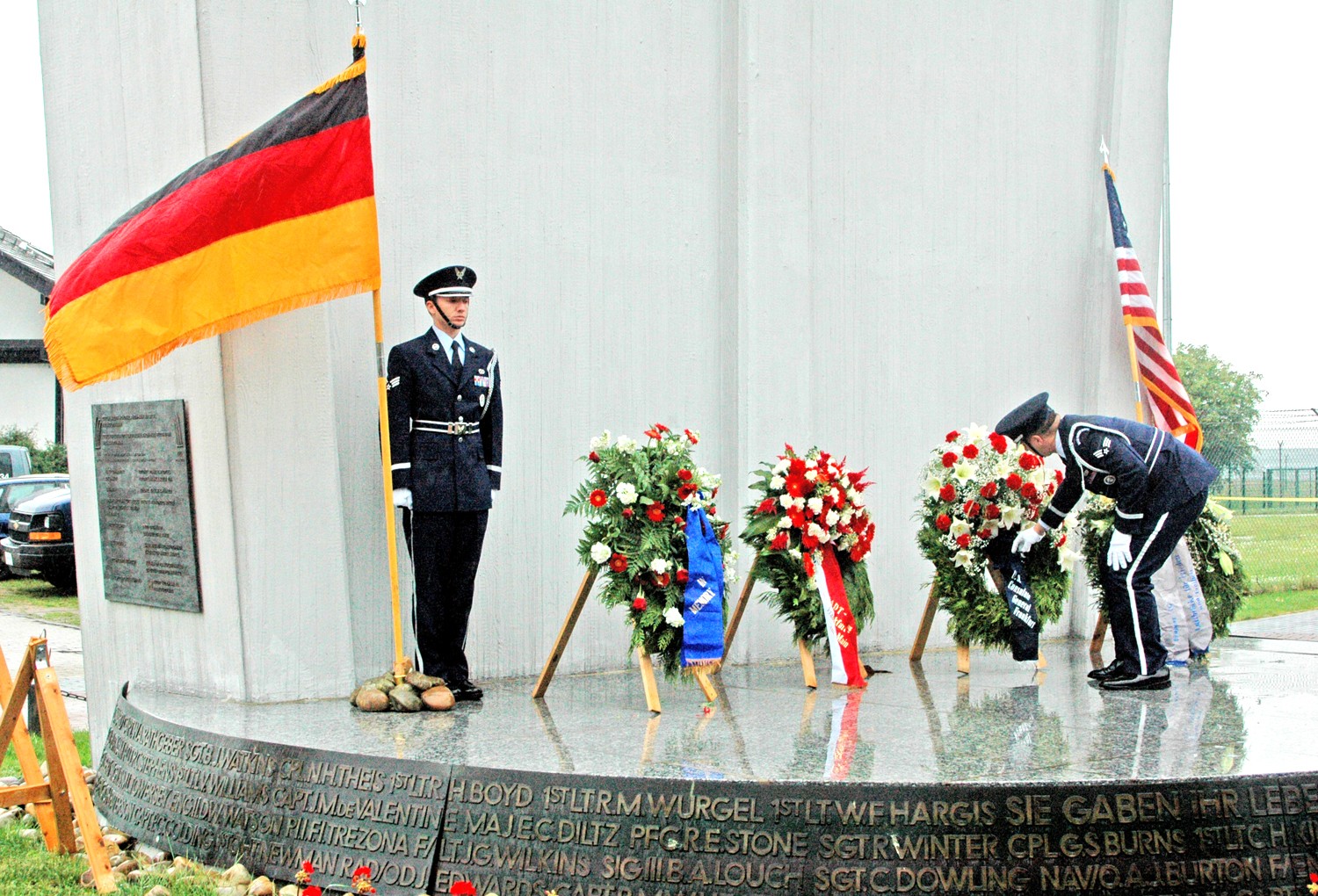
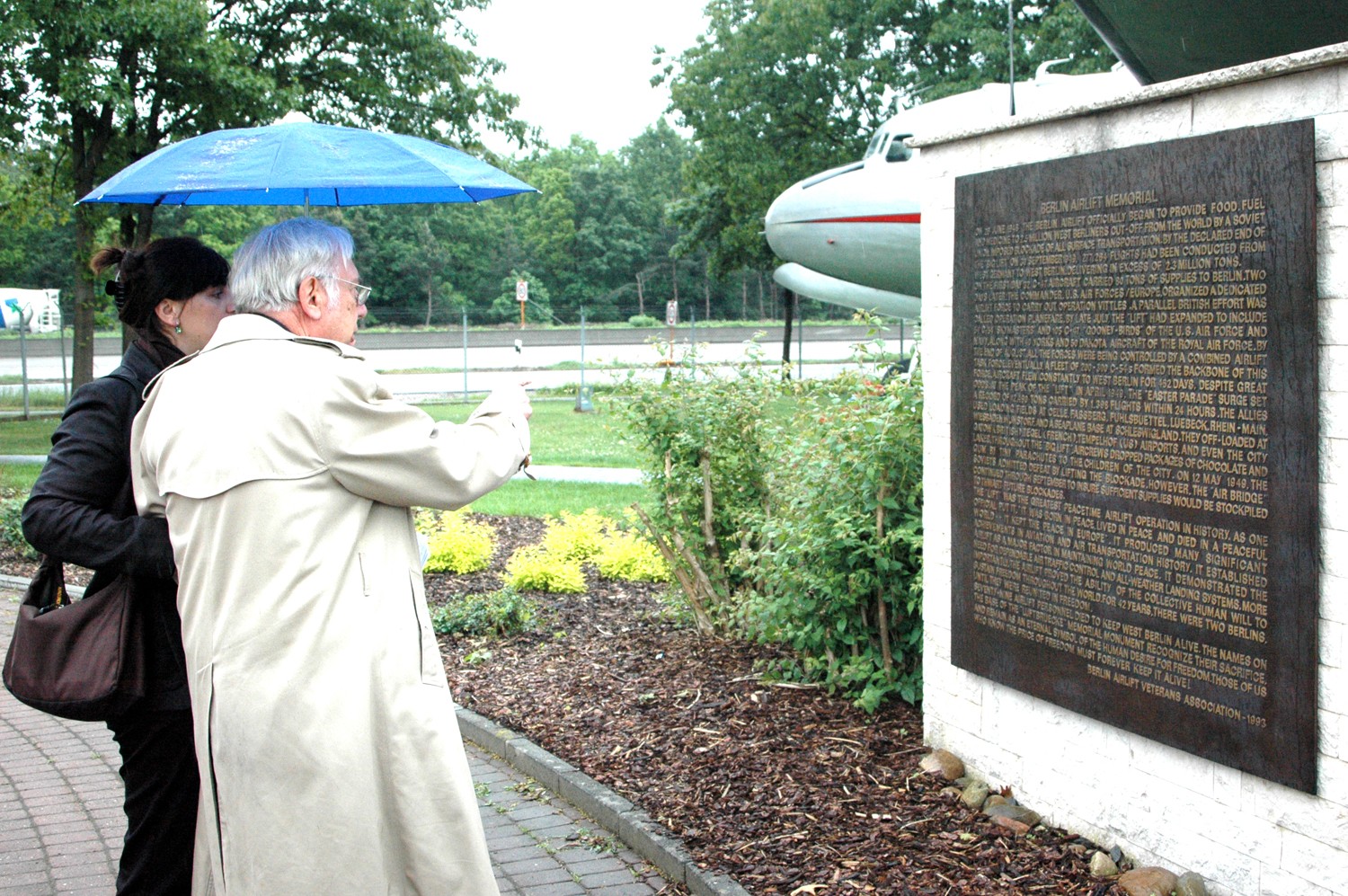
Social Sharing